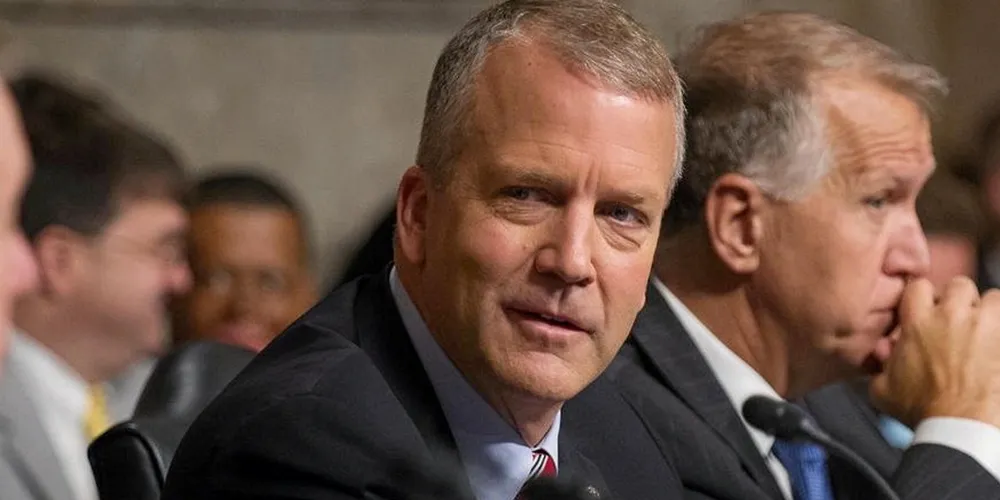Alaska senator wants EU to join US in 'economic war' against Russia seafood
'We're going to try and get our European allies to step up and work with us on closing off these Russian fish supplies that are driving down prices all over the world,' the senator said.
